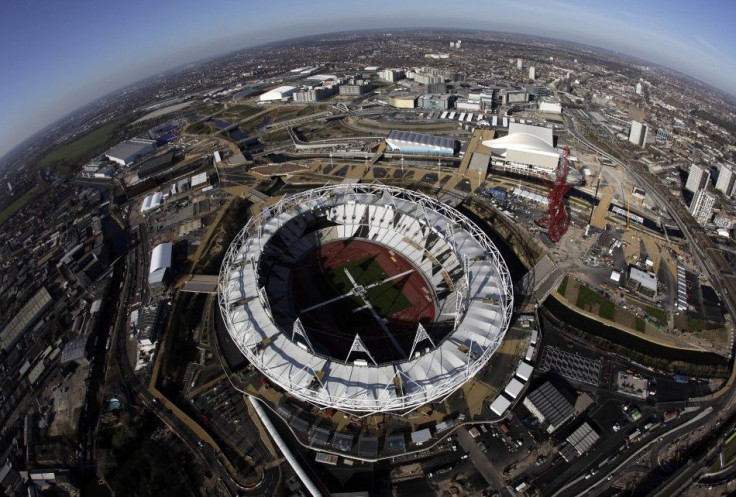Olympics: Red Square Retailer Opens in East London

Russian retail group Bosco, which owns Moscow's famous GUM department store, has opened a store in the shadow of London's Olympic Stadium, its first venture into western Europe.
The fashion and sportswear company has strong Olympic connections. It will supply clothing for the Russian, Ukrainian and Spanish teams at this summer's Games in London and is a sponsor of the 2014 Winter Games, which Russia will host in Sochi and when all the officials will wear its designs.
Company founder Mikhail Kusnirovich said he had long harboured ambitions to expand his family-owned company beyond its core markets of Russia and Ukraine.
We want to use the London Olympic Games to start to be not global but more international, he told reporters at an event to mark the opening of the store.
The company has taken a 10-year lease on the store in the Westfield Stratford City shopping mall, which opened last year and has brought luxury brands to what had been one of London's poorest areas.
Kusnirovich said Bosco, which now has 65 stores, planned to expand into Spanish cities Madrid and Barcelona, as well as Rio di Janeiro in Brazil, the 2016 Olympic host. He is also targeting Europe's affluent Alpine ski resorts.
The Olympics are increasingly embracing the faster- developing global economies, with China having hosted the previous summer Games in Beijing in 2008.
The sportswear market has been dominated by U.S company Nike and German rivals Adidas and Puma , but Bosco sees room for smaller niche players.
We are not direct competitors but we want to be successful ourselves, he said, adding the company relied more on catching the eye with multi-coloured outfits rather than brand logos.
GUM, the retail landmark on Red Square, is the best known of Bosco's 65 stores. It has been adding shops at a rate of around 15 each year.
Bosco had sales of around 600 million euros ($800 million) last year, up 24 percent on the previous year, and is looking to maintain annual growth of 20 percent, Kusnirovich said.
The burly, bearded Kusnirovich said he had no plans to surrender control of a company he set up during the dying days of the Soviet Union in 1991.
A lot of Russian companies have big ambitions to go to the stock exchange, but it's not my way for the moment, he said.
© Copyright Thomson Reuters {{Year}}. All rights reserved.





















